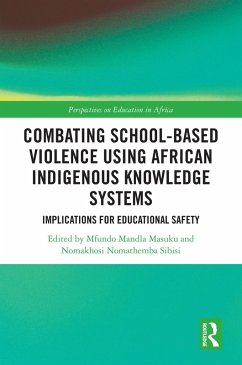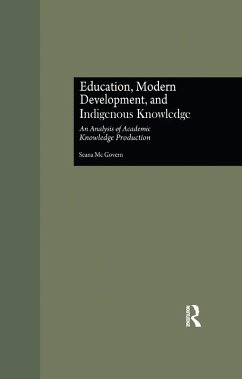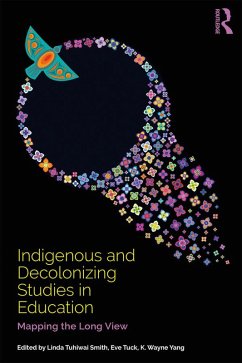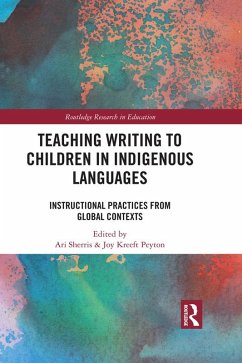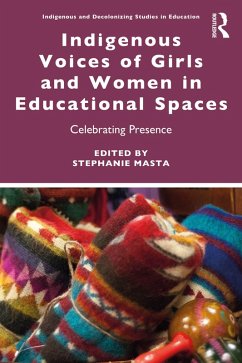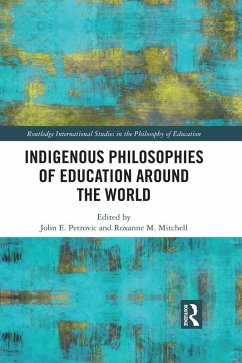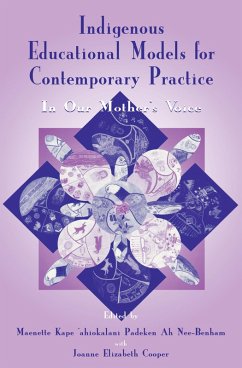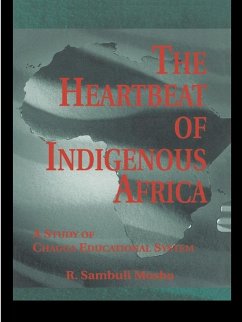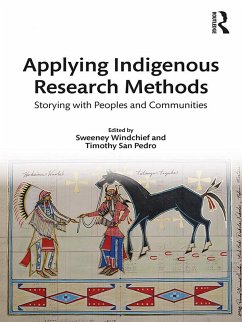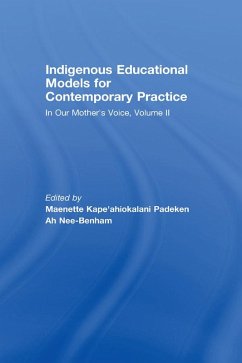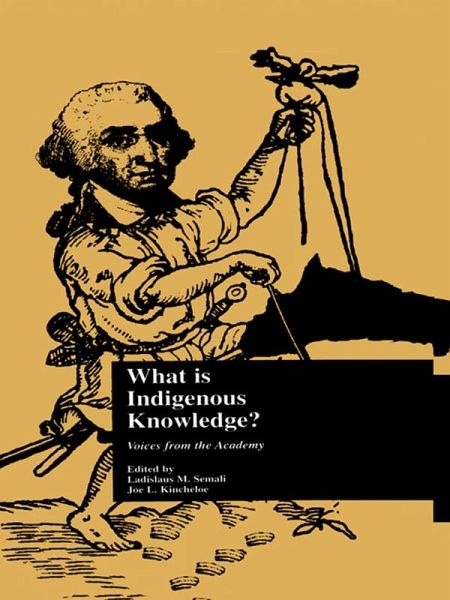
What is Indigenous Knowledge? (eBook, ePUB)
Voices from the Academy
Redaktion: Kincheloe, Joe L.
Versandkostenfrei!
Sofort per Download lieferbar
61,95 €
inkl. MwSt.
Weitere Ausgaben:

PAYBACK Punkte
31 °P sammeln!
Ladislaus M. Semali and Joe L. Kincheloe's edited book, What is Indigenous Knowledge?: Voices from the Academy not only exposes the fault lines of modernist grand narratives, but also illuminates, in a vivid and direct way, what it means to come to subjectivity in the margins. The international panel of contributors from both industrialized and developing countries, led by Semali and Kincheloe, injects a dramatic dynamic into the analysis of knowledge production and the rules of scholarship, opening new avenues for discussion in education, philosophy, cultural studies, as well as in other impo...
Ladislaus M. Semali and Joe L. Kincheloe's edited book, What is Indigenous Knowledge?: Voices from the Academy not only exposes the fault lines of modernist grand narratives, but also illuminates, in a vivid and direct way, what it means to come to subjectivity in the margins. The international panel of contributors from both industrialized and developing countries, led by Semali and Kincheloe, injects a dramatic dynamic into the analysis of knowledge production and the rules of scholarship, opening new avenues for discussion in education, philosophy, cultural studies, as well as in other important fields.
Dieser Download kann aus rechtlichen Gründen nur mit Rechnungsadresse in A, B, BG, CY, CZ, D, DK, EW, E, FIN, F, GR, HR, H, IRL, I, LT, L, LR, M, NL, PL, P, R, S, SLO, SK ausgeliefert werden.




